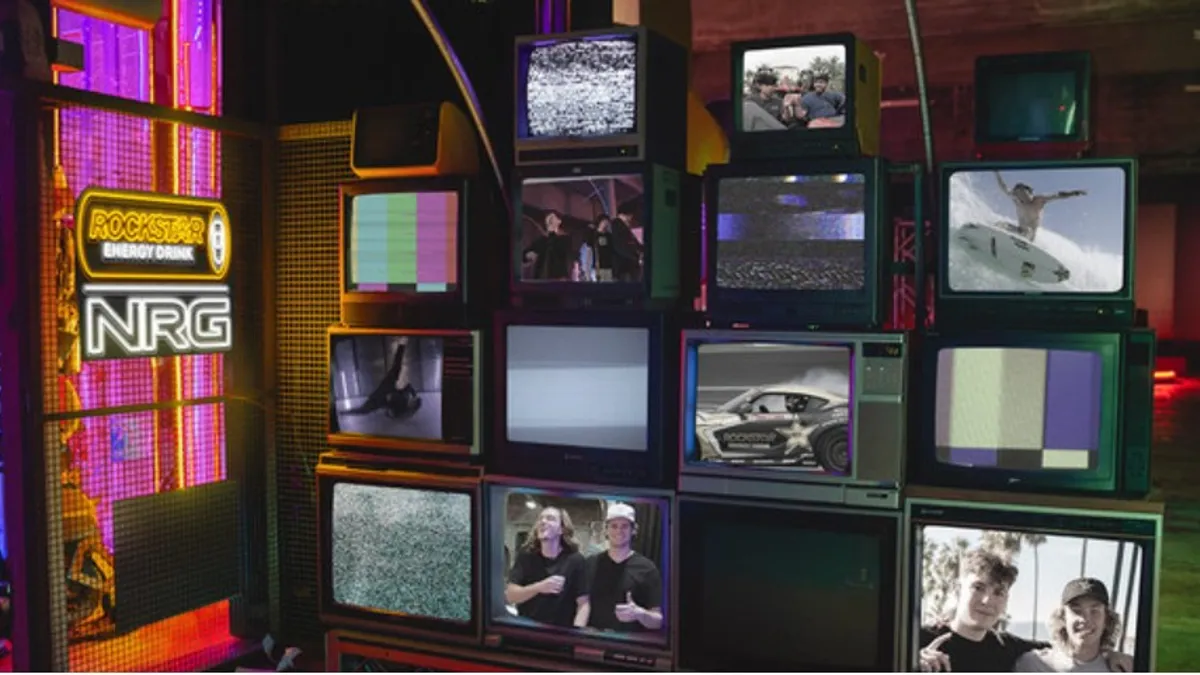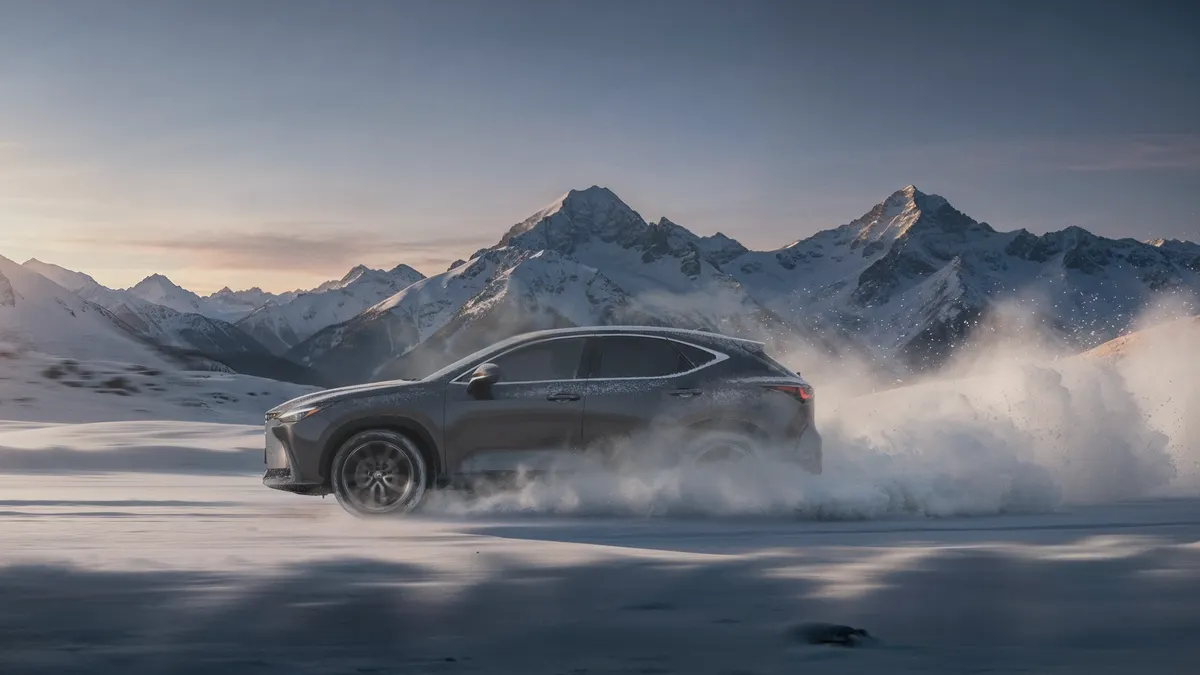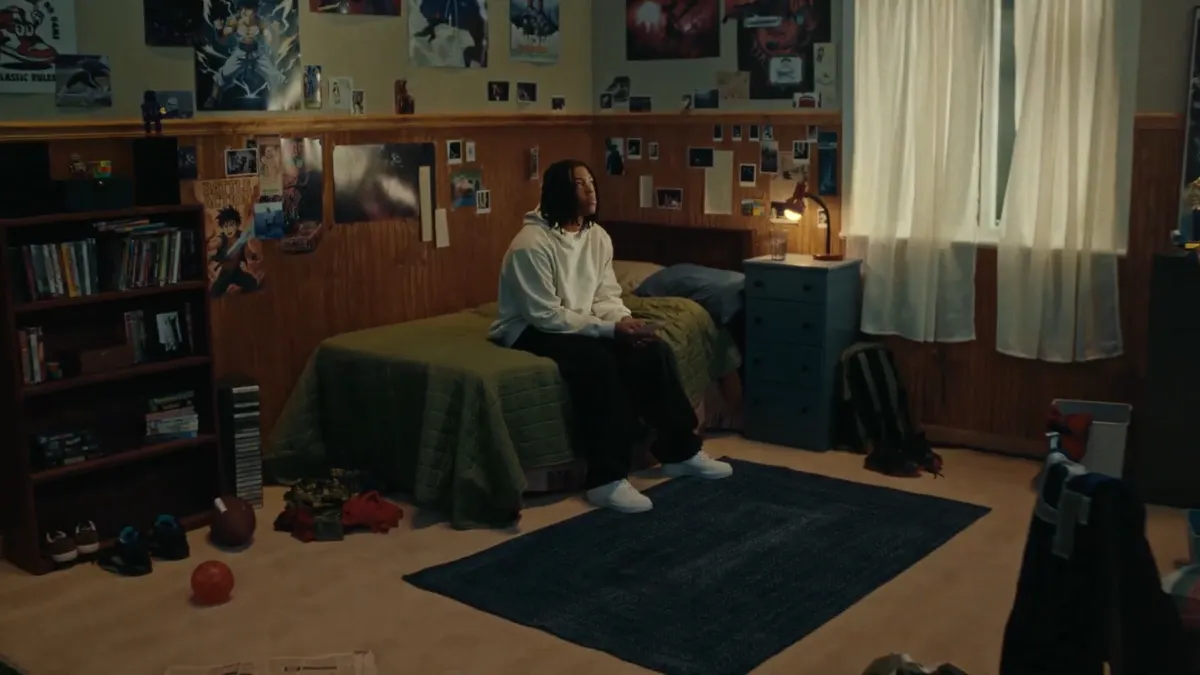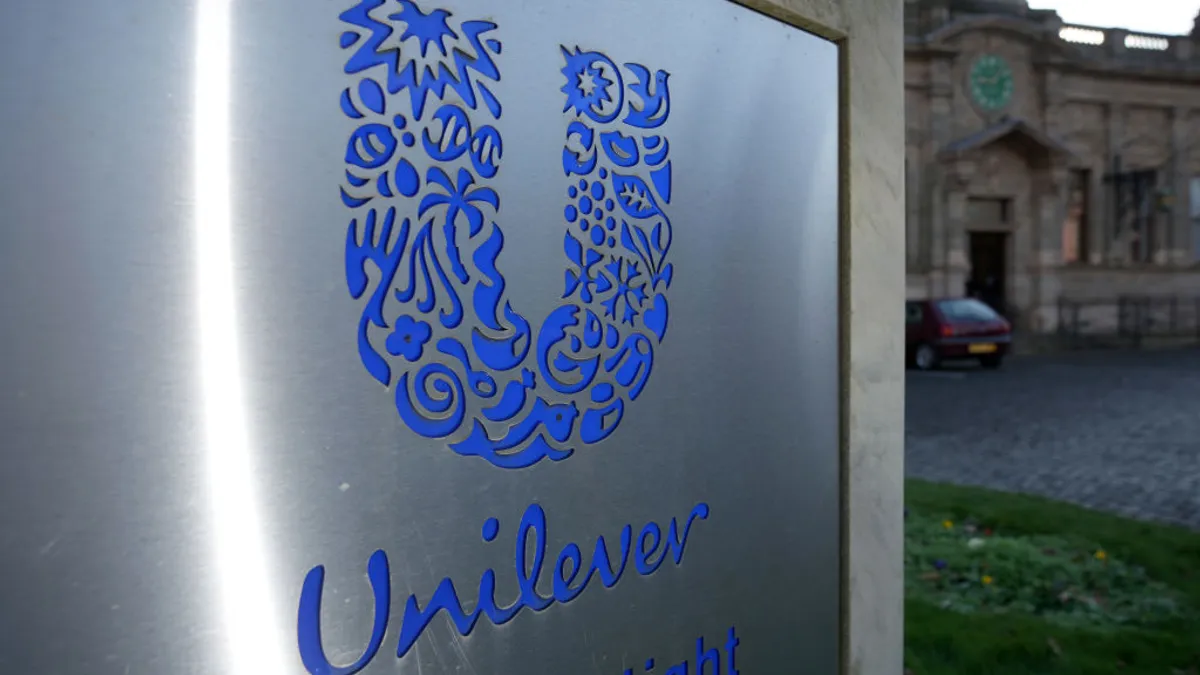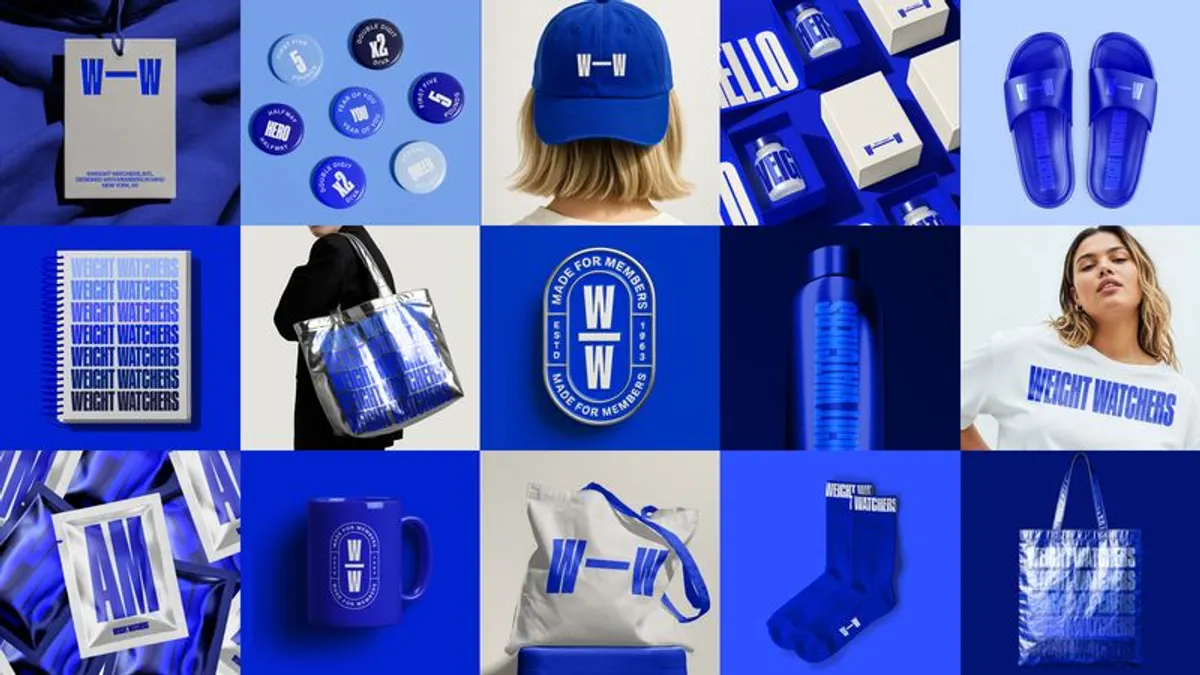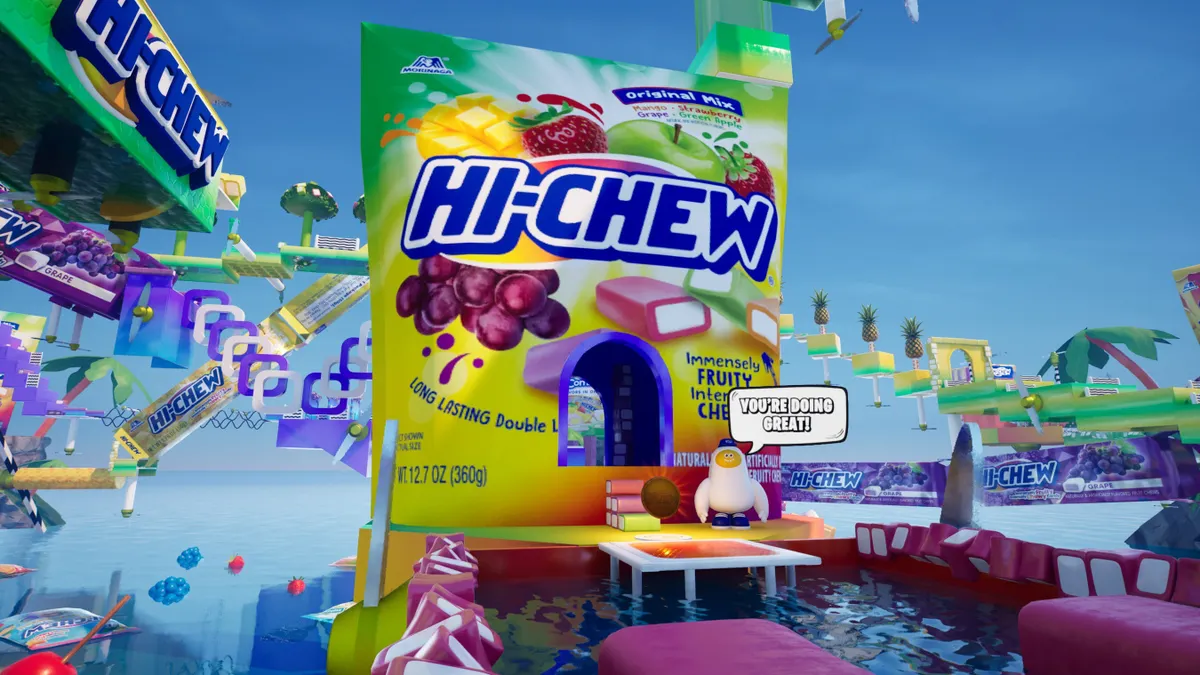Video games are a big business, but many non-endemic marketers are only just starting to recognize the medium’s ability to connect with a diverse array of players. That’s not true of PepsiCo, which has had an internal head of esports and gaming for over three-and-a-half years and continues to expand how it activates around major intellectual properties, including NBA 2K.
Paul Mascali actually got his start in the agency world, working with the food and beverage giant through OMD’s specialized gaming and esports division, Zero Code. But it wasn’t long before PepsiCo realized that gaming was becoming a core part of the identity of brands like Mtn Dew and Doritos. Now, the marketer is moving to bring that degree of familiarity to other pockets of its portfolio, and Mascali believes the pitch process is getting easier.
“Historically, PepsiCo relied on outside agencies and consultants to drive their gaming strategy forward,” Mascali said. “Building out this new capability internally has really been beneficial for us to make sure we're taking a real strategic approach and setting ourselves up for long-term success.”
Since Mascali went client-side, gaming has further shored up its dominance in pop culture, with more consumers picking up a controller or downloading casual mobile games during the pandemic. That’s led to more substantive marketing moves from PepsiCo around the category. Bigger bets on gaming come as PepsiCo's larger sports marketing strategy undergoes changes: Pepsi recently stepped away from sponsoring the Super Bowl Halftime Show after a decade, while Gatorade wound down its NHL partnership.
Meanwhile, Rockstar Energy last week signed a multiyear agreement to become the exclusive energy drink sponsor of NRG, the most-watched professional gaming organization across platforms in North America. The tie-up will see Rockstar and NRG kickstart a new annual music event on Twitch beginning June 16. Broadcast live from the NRG Hot Pockets Castle in Los Angeles, "Sound Series" plays on the cultural clash between gamers and musicians, aligning NRG streamers with emerging artists.
Rockstar will also co-develop fan experiences for leading titles like Apex Legends, Fortnite and Rocket League, as well as integrate into existing content like a Twitch program called “Rockstar Energy Raidz” that pairs NRG pros with up-and-coming creators. Mascali said the Rockstar deal is just one way that PepsiCo is trying to broaden its gaming footprint as brands invest in more bespoke strategies.
This interview has been edited for clarity and brevity.
MARKETING DIVE: I feel like, in the grand scheme of things, PepsiCo was early to carve out a specific gaming and esports role.
PAUL MASCALI: For sure. PepsiCo overall was kind of a first mover in this space.
Is that a move you see other marketers making now that gaming has enshrined itself in the mainstream?
MASCALI: I can't speak specifically to the inner workings of other companies, but from what we've seen and been tracking, a lot of different brands across the "non-endemic" space are taking gaming much more seriously. There's definitely a broader capability-building, where marketers are getting smarter about how to leverage gaming as a media channel.
Just as a recent example, Progressive Insurance inked an esports naming rights deal last year. Is the endemic versus non-endemic distinction as useful as it once was?
MASCALI: Even two or three years ago, endemics really did dominate the space. I'd say it's still a good distinction as we're trying to assess how brands are entering. As more of these brands start to invest and win over this audience, it becomes a little bit less relevant whether they're core to the gaming experience or not.
What's the biggest way you've seen PepsiCo's approach to gaming and esports evolve in your time there?
MASCALI: PepsiCo's been a first-mover in the gaming space dating back to 2007, with the original Mtn Dew Game Fuel flavors. Back then, it was a very transactional relationship with the community. We put branding on packaging, we offered stuff like double [experience points] or new game rewards, and then, ideally, consumers would go and purchase.
As gaming has continued to grow in the broader entertainment industry; as more people are now becoming gamers through mobile, consoles and PC; as video game content, like Twitch and YouTube, emerge to the forefront for millennial Gen Z cohorts, we're taking a much more active, always-on approach. That's been one of the big things that I've been driving over the past three-and-a-half years: Thinking how our brands can move out of that transactional window to be omnipresent and talk to the gaming audience year-round.
When you're pursuing this always-on strategy, is there a particular tactic you're focused on?
MASCALI: We don't technically have a gaming strategy, per se. We have brand strategies that gaming can support. It really is dependent on the particular brands, what their objectives are and who their consumers are before we can build out a unique individual playbook for them.
Traditionally, when we're looking at the gaming space, there are five major partners we evaluate: video game publishers, esports leagues, individual teams, content creators, and obviously, the media platforms like Twitch, YouTube and Facebook Gaming.
We've been actively trying to get smarter around measurement and capability-building internally. Back in 2020, we did a Nielsen study for Mtn Dew Game Fuel measuring how these different partnerships move the needle for different brand metrics. That way, we can be more tactical as we roll it out across the broader portfolio.
About the media-buying and measurement aspect: In-game advertising seems like a natural fit, but it's a comparatively small part of how brands activate around games. Do you view in-game advertising as essential?
MASCALI: There's always been apprehension from a publisher standpoint around in-game advertising out of fear of consumer backlash. If I'm a gamer, and I go out and purchase a game for $60, I definitely do not want to be served pre-roll and mid-roll ads. To me, that would feel like a very poor user experience, which is why publishers in the past have strayed away from those opportunities. Obviously, mobile gaming is still at the forefront. They're figuring out that as we speak.
From an in-game perspective though, it is definitely one of the tools within our playbook. We've been doing in-game integrations for the past 15 years or so, specifically around Gatorade with games like Madden, NBA 2K and NHL. Integrating a brand like Gatorade actually adds value back to the experience because it makes the game more realistic. People are used to seeing Gatorade coolers on the sidelines of major sporting events.
Over time, we've grown that capability out. Last year, we had three brands integrated within NBA 2K: Gatorade, Mtn Dew as well as Ruffles. We had various game modes providing boosts for players who interact with the brands. It's all rooted in adding value back to the experience.
When you're thinking through the process of bringing a new brand into this space, is it still an uphill battle to make that pitch to the larger organization?
MASCALI: It varies from brand team to brand team. Brands like Mtn Dew, Doritos and Rockstar understand where their consumers are, and it's in that core and hardcore gaming experience. For the other brands, I'd still say there's a good amount of education to do. Ultimately, it's trying to communicate to them that their consumers are gamers. They may not be the traditional Call of Duty gamer playing 20 to 30 hours a week. Maybe they're playing on various mobile titles. But from my standpoint, a lot more marketers understand that this is a major part of their consumers' habits. It's definitely a much easier sell than it used to be.
How do you balance working with outside agencies versus internal? My understanding is you still work with Zero Theory?
MASCALI: Yeah, they're part of the broader Omnicom network and they manage the work that we do for Mtn Dew gaming. We work with several different agencies that specialize in gaming across various brands.
I like to operate like a conduit to the brand team, where I can work closely with agencies, make sure that I'm helping them drive creative, strategic work or the criteria for picking various partners. I also like being in the weeds talking directly to the stakeholders and external partners, whether that's the game publisher, like Activision and Microsoft, or the leagues and teams and influencers. It's important for us to show we have that direct connection back to the community and broader industry. But I'd say it is very much a hybrid approach of relying on agencies to help move the ball forward and make sure things are operating on time, while still owning that broader internal strategy here.
Is there an aspect of the business that you are the most excited about?
MASCALI: We put so much focus dialing in on that core and hardcore gaming audience on our legacy brands. What I'm very excited about and actively trying to carve out more resources for is how we can expand to that casual gaming audience.
At this point, there are over 227 million gamers in the United States. They’re not all playing on Xboxes and PCs. Most of them are playing mobile games like the Candy Crushes, the Farmvilles. That is a great opportunity for some of the brands in our portfolio that we wouldn't necessarily think of as a gaming brand, like an Aquafina.
How much of that is about reaching different demographics?
MASCALI: When you look at mobile gaming, it's much more of an even male-female split. Depending on the title, it can skew older. It opens up the aperture for our brands to connect with different types of consumers that we wouldn't necessarily consider "gamers." But they're still in this high-engagement moment.
And mobile is a channel that has more direct advertising opportunities?
MASCALI: For sure.


